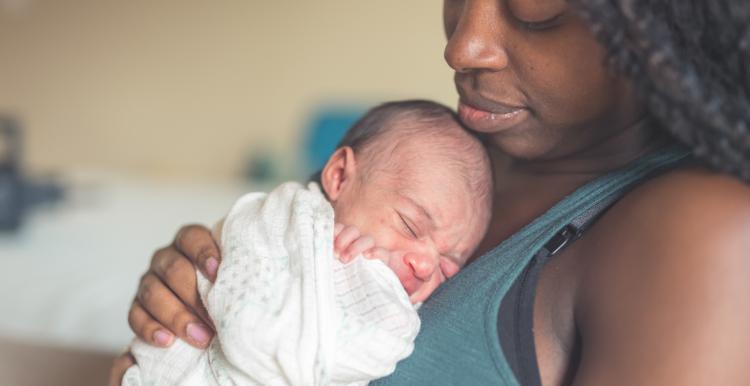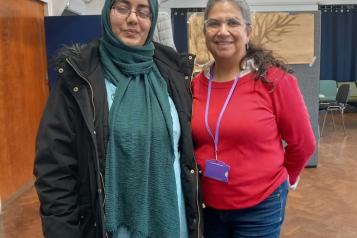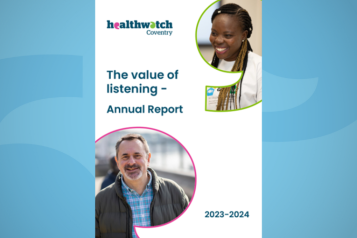Maternity care from the point of view of asylum seekers and refugees

We found communication barriers and problems accessing services when we worked with local charity Carriers of Hope to understand maternity experiences of asylum seeker and refugee women in depth.
The women were not empowered and felt without a voice.
There were gaps in interpretation services and women expressed frustration at passing information on to medical teams, sometimes because their husband or child is interpreting for them and do not know the English for pregnancy terms.
A Muslim participant described birth causing embarrassment “because [I]don’t accept being watched by a man”.
Cultural perceptions around mental health led to some women downplaying issues and symptoms after they had their babies. It also meant they were less likely to talk about mental health or acknowledge issues.
Hiba’s* experience told by her charity worker
Hiba had no money to go for her hospital appointment but had diabetes so she knew it was important. Her ability to claim back the bus fare was limited by a lack of clarity in the English forms. Carriers of Hope gave her a lift to the hospital. But found her baby’s father, who lived in London, had translated the appointment time wrong from the appointment letter.
The interpreter was booked for two hours later and so he was not available.
The hospital staff were discussing amongst themselves that Mai had missed two appointments and should not have any more.
The receptionist spoke loudly stating: “You are at risk! You should come to your appointments”.
The charity worker provided help by getting food, getting an interpreter and providing transport home. Then the pharmacy did not have the prescribed drugs so the charity worker made another trip to the hospital the next day and a further trip to the local pharmacy.
This all cost the charity money which is unlikely to be a sustainable way.
*Name has been changed


